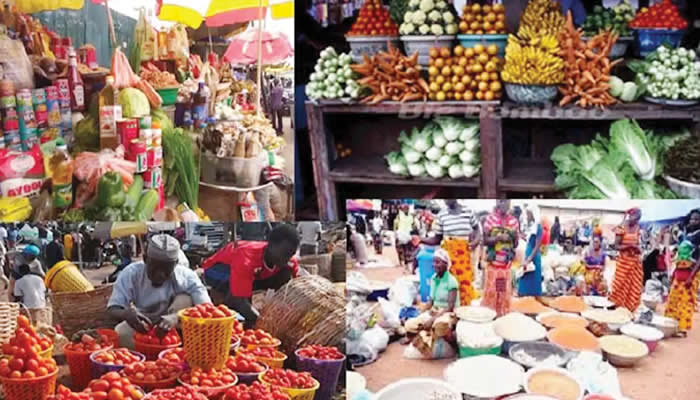
This was confirmed by an 80 percent increase in food importation to the country between 2019 to 2023.
This high figure is despite various agricultural intervention programmes by successive governments to boost food sufficiency in the country.
The Senior Special Assistant to the President on Agribusinesses and Productivity Enhancement, Kingsley Uzoma, made this disclosure at the National Policy Dialogue on Thursday, in Abuja.
The policy dialogue themed, “Deepening Partnership for Scaling-Up of Information and Communication Technology for Development for Smallholder Farmers in Nigeria,” was organised by the federal government, the International Fund for Agricultural Development and the National Information and Technology Development Agency.
According to Uzoma, the federal government is committed to reversing the trend.
He mentioned that the nation held the highest global rate of stunted children, with 70 percent of its population residing below the poverty line. Furthermore, in October, food inflation recorded a notable 31.52 percent.
He said, “This escalating dependence on external sources further intensifies the challenges within the domestic food landscape all of which have resulted in the declaration of a state of emergency in food security by Mr President.
“The IFAD-financed programme such as Value Chain Development Programme and Livelihood Improvement and Family Enterprises Project for the Niger Delta, aims to enhance incomes and food security through sustainable practices and integration of ICT4D.
“These programmes involve tools such as the Mini-weather Station and Agriculture Market Information System to benefit farmers.
“However, challenges in data access, gender equality, infrastructure and technical support still exist,” he said.
The presidential aide also acknowledged that the decline in agricultural production was a major contributor as the country was being forced to rely heavily on food imports.
He therefore urged continuous initiatives in digital literacy and collaboration among agencies and the private sector. These efforts are crucial to fostering increased technology adoption among smallholder farmers.
Uzoma stressed that such endeavours could lead to increased productivity, extensive technical advancement, the promotion of best practices, enhanced trade competitiveness, and improved market access.
“Increased collaboration with the Federal Ministry of Agriculture and Food Security and the NITDA is necessary to implement the National Digital Agriculture Strategy to further leverage technology for the advancement of the agricultural sector.
“These aligned with the mandate of my office under the leadership of the vice president which encompasses a multifaceted approach rooted in technology and innovation to ensure transformative change in Nigeria’s agricultural sector.
“This includes empowering one million women, youths and minorities to achieve food and nutritional sovereignty, ensuring food security and heightened agricultural productivity,” Uzoma stated.





